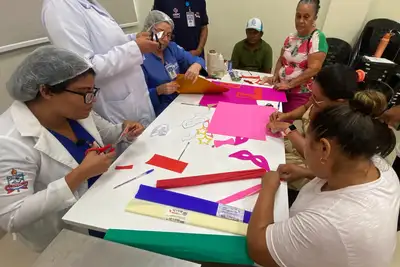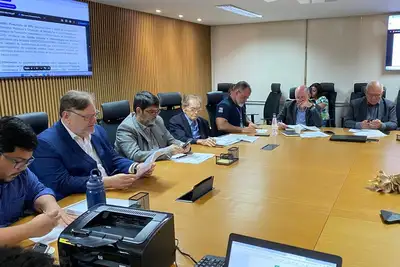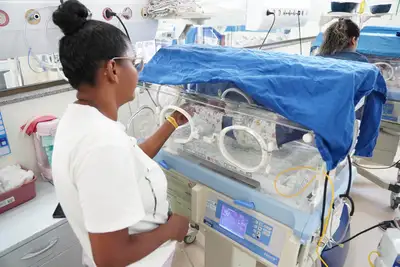Multidisciplinary team at Ophir Loyola Hospital reinforces humanized care in the SUS
Comprehensive care is one of the pillars of the work of the multidisciplinary team at the health unit, which has established itself as a national reference in oncology and humanized care
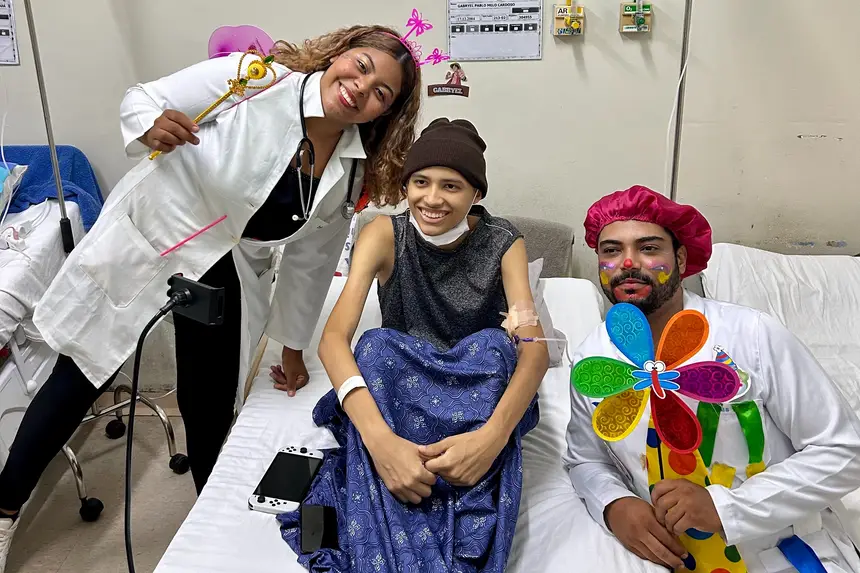
An spontaneous testimony from young Gabryel Pablo, 20 years old, a patient undergoing leukemia treatment, moved internet users when published on his social media. In the text titled "The heroes of my life," he highlighted the dedication of the multidisciplinary team at Ophir Loyola Hospital, a reference in oncology and humanized care in the Unified Health System (SUS) in Belém. More than an individual account, his words translate the essence of the care provided by the institution: to treat diseases, but also to welcome people, dreams, and stories.
"What motivated me to write this account was gratitude, for all the care I received since I arrived. It is a situation that is not easy for me, it all happened very quickly, I was soon hospitalized. And since I arrived here at HOL, the care of the professionals with affection, with attention, always ready and willing to assist me. This testimony of mine was the most welcoming way to thank, a simple gesture, but with enormous symbolic value," Gabryel said.
Heroes without capes
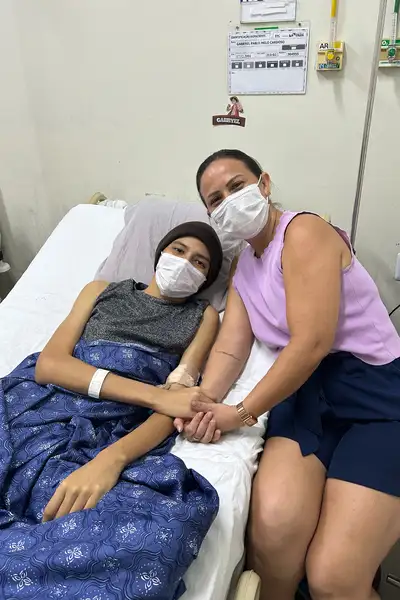
In the treatment routine, the young man emphasizes that each professional plays a fundamental role. "The psychologists helped me a lot when I was down, the nutritionists always do everything to ensure I can eat foods similar to those at home, the occupational therapists make me laugh and have fun. Each professional here is very important to me, they are my heroes without capes," he said.
Despite the difficulties of facing the disease, he leaves a message of hope to other young people. "Never give up! The fight is not easy, there are pains and weaknesses, but as I always say: believe in the Lord, because in God everything has a cure. There will always be a way, there will always be victory. Faith is also my strength," he emphasized.
And he added: "Here I do not feel just like a patient, I feel cared for as a person. Every gesture, every word of support, every professional who crosses my path shows me that treatment goes far beyond medicine, it is about humanity and welcome."
The psychological perspective
For psychologist Gabriela Seabra Moura, humanized care and emotional support are essential in the treatment of young patients with serious illnesses.
"Psychological support helps reduce anxiety, anguish, and levels of suffering, helping the patient overcome difficult situations that the disease causes. It also strengthens adherence to treatment and develops resilience to deal with future challenges," she explained.
According to her, humanization strengthens mental and emotional health during treatment. "When care goes beyond technical knowledge, incorporating welcome, empathy, and respect, the hospital environment becomes safer and more welcoming, favoring adherence to treatment and the therapeutic bond," she highlighted.
Among the practices adopted by the hospital, Gabriela cites animal-assisted visits; religious visits upon request and the presence of the pilgrim image of Our Lady of Nazareth, considered the patroness of the people of Pará, which brings well-being and hope to patients and families.
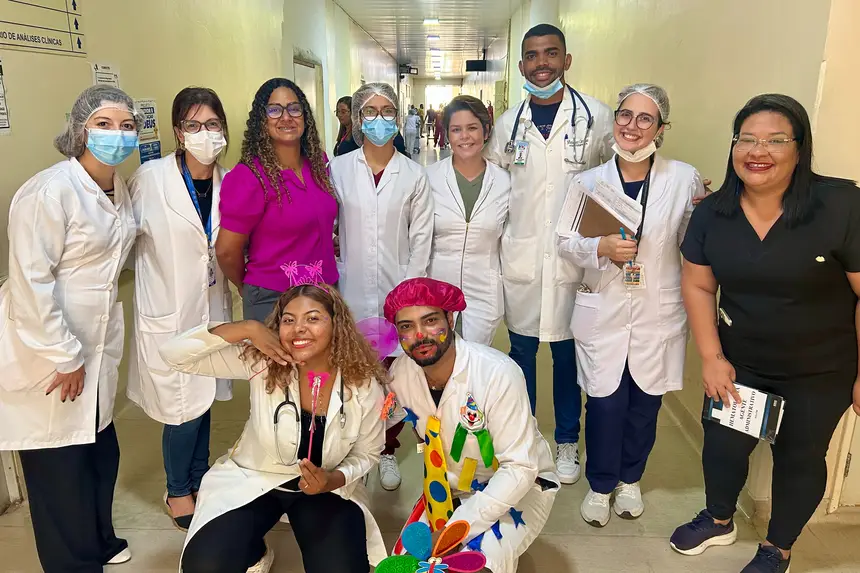
Humanization as an institutional policy
The coordinator of humanization at HOL, Michelle Azevedo, reinforces that the hospital follows the guidelines of the National Humanization Policy (Humaniza SUS), implemented in 2003. "At Ophir Loyola, we work on welcoming through actions that seek to alleviate the stress, anxiety, and suffering that the hospital environment can provoke, especially in long-term patients. We always think of proposing therapeutic activities to reduce the effects of hospitalization," she stated.
Among these actions, Michelle highlights religious volunteer work, music therapy, and the Filhos da Alegria project, among other initiatives. "Gabryel's testimony demonstrates the humanized work developed by Ophir Loyola Hospital, through care, empathy, welcome, respect, and listening, alongside the patient and their family," she concluded.
A hospital of people for people
Gabryel's account and the multidisciplinary work of Ophir Loyola Hospital show that, in the SUS, humanization is not a detail, but an essential part of the healing process. At HOL, each patient is welcomed in their uniqueness, with physical, psychological, and spiritual support, in a joint effort that makes the institution a national reference in oncology and humanized care.
Text: Vinícius Campos, journalism intern, under the supervision of journalist Brenna Godot


